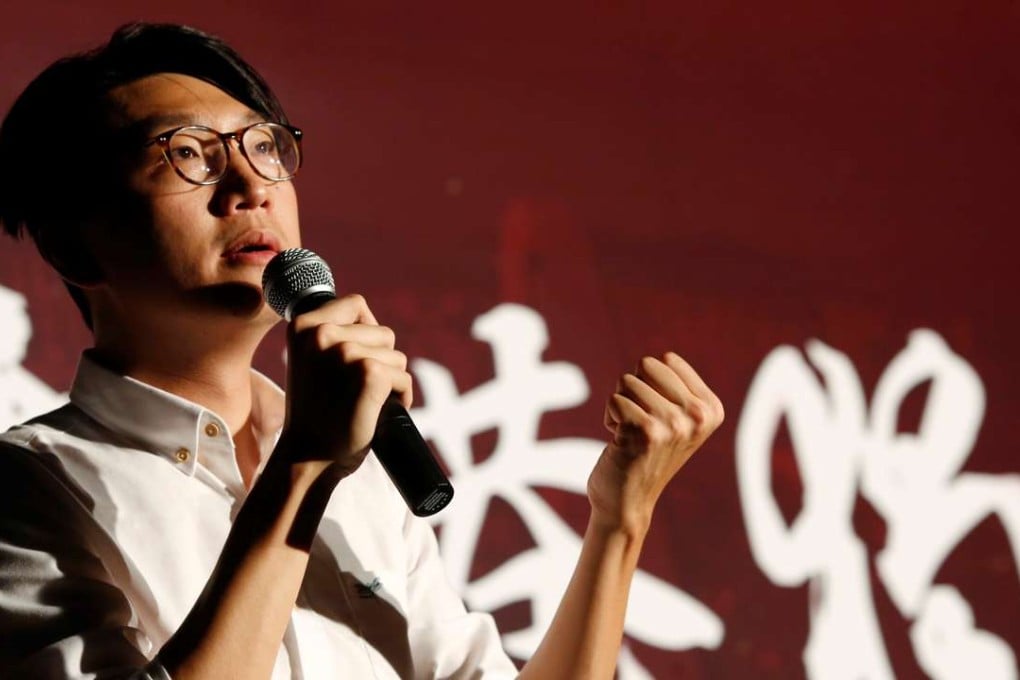Hong Kong electoral officials have overstepped their boundaries by barring pro-independence candidate
Phil C.W. Chan and Paul Serfaty say the electoral commission’s rejection of Edward Leung as a candidate for the Legislative Council election was unequivocally unlawful

In an international city famed for its efficiency, the Hong Kong government has managed to turn yet another non-issue into a constitutional controversy.
One of the tenets of democracy is that, subject to objective criteria, everyone has a right to stand for office as a legislator. In Hong Kong, such criteria are clearly laid out in the Basic Law and the Legislative Council Ordinance. The Electoral Affairs Commission should ensure all requirements for candidates and elections are met. Its functions are administrative. If the commission bars an otherwise eligible candidate for political reasons, it undermines its own purpose, impartiality and independence.
Hong Kong ‘can handle’ Legco disqualification row: Beijing won’t be asked to step in
The commission disqualified Edward Leung Tin-kei from next month’s Legislative Council election on the grounds of his previous advocacy for Hong Kong independence. Signing a declaration of allegiance to the Basic Law was not enough, as the returning officer deemed his allegiance to be not genuine.
Seeking changes to the law for the betterment of Hong Kong is not subverting it
It is implicit in running for office as a legislator that one must uphold the fundamental laws of the land. But upholding them is not the same as doing nothing.
Society evolves. A legislator’s principal function is to propose changes to the law to fit current circumstances. Seeking changes to the law for the betterment of Hong Kong is not subverting it. It is the very essence of legal and societal reform. Otherwise, a legislature is superfluous. The Basic Law itself incorporates procedures for amendment. A total of 24 instruments of “interpretations”, “decisions”, “explanations” and amendments have been added to the Basic Law.
It is rule of man (or woman), not rule of law, when a returning officer empowers herself to dictate who is and is not an eligible candidate in major elections due to the candidate’s belief, whatever it might be. In Leung’s case, the commission’s decision constituted interference in major elections. It was unlawful, unconstitutional and deeply dangerous.

